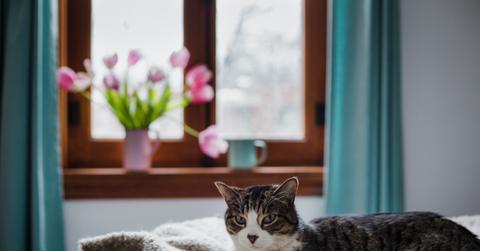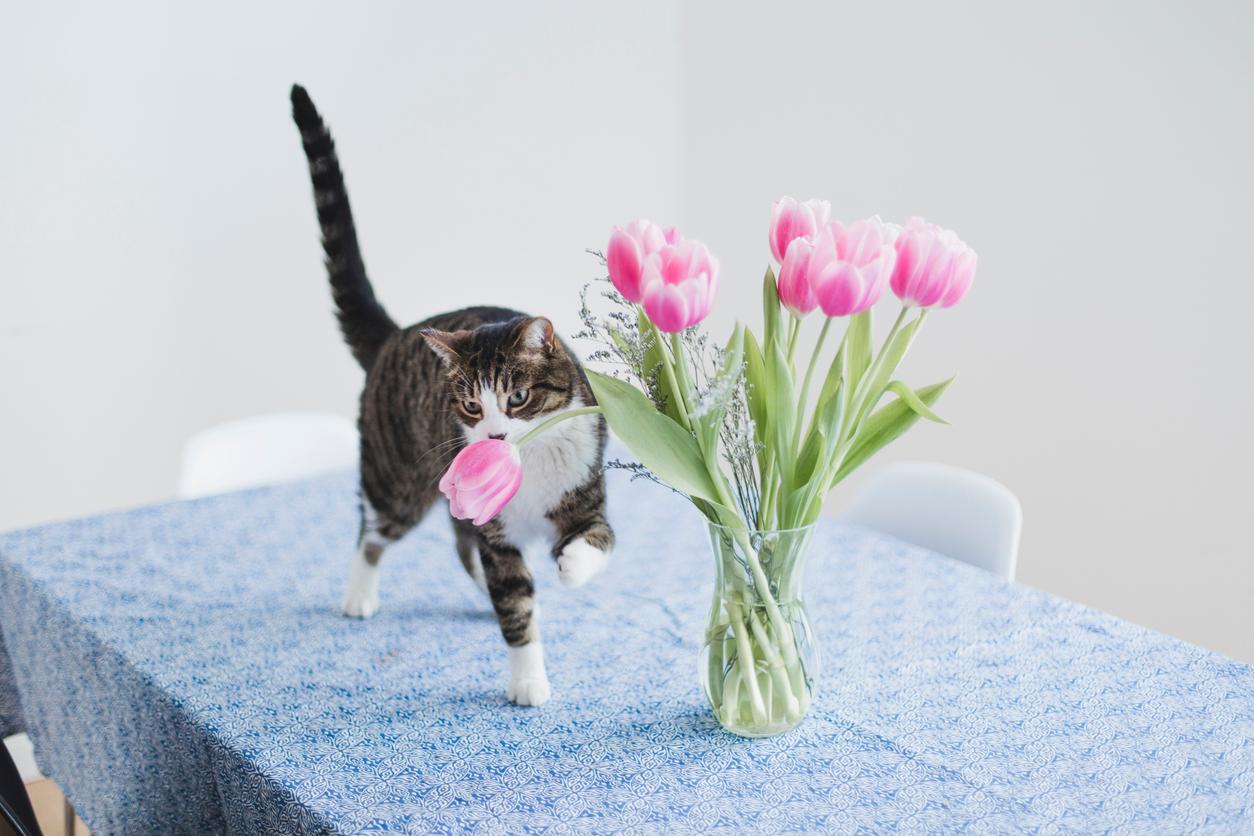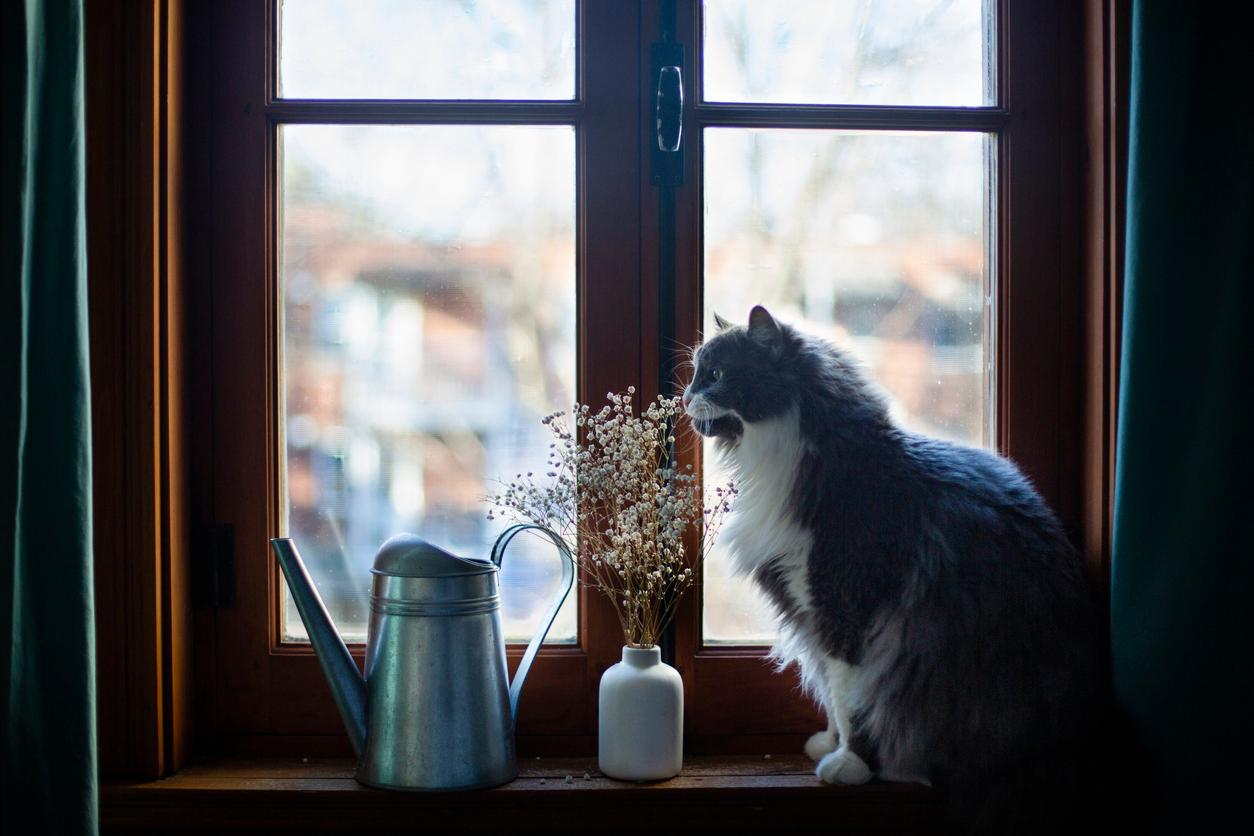Tulips May Beautify Your Home, but They're Poisonous for Your Cats — Details Here
Keep your tulips outside and your cat indoors.
Published Sept. 19 2024, 4:56 p.m. ET

A fresh bouquet from your local market can liven up a home, but the wrong kind can pose a safety hazard to your companion cat. Common household favorites like lavender and peace lilies can be deadly for your feline friend, but what about springtime favorites like tulips?
Let's review the health risks associated with tulips and why they have no place in a home with a cat. Thankfully, there are many other flower varieties that can be safely displayed around your cat and which pose little risk to their health.

Are tulips toxic to cats?
Yes, tulips are toxic to cats, and they should not be in a home with a cat. According to The Spruce Pets, the entirety of the tulip plant is toxic to cats. Furthermore, the bulbs house the most toxins and are even more dangerous if ingested by your companion kitty.
If ingested, the toxins within the tulip may lead to diarrhea, vomiting, labored breathing, increased heart rate, seizures, and more.
According to The Spruce Pets, tulips may damage the kidneys and liver if ingested. This is an important concern for cats with existing health concerns, including those with elevated levels preceding kidney and liver disease.
It is also safest to keep the flowering plant out of your home and away from your cat's reach. Though your cat may not prefer eating flower bulbs, if any part of the tulip breaks off or lands on your cat's coat, they may ingest the poison while grooming.
If you suspect your cat has tulip poisoning, a veterinarian may diagnose them after retrieving a blood sample, per Wag, before administering subcutaneous IV fluids to replenish a dehydrated cat and, essentially, flush the tulip toxins out of the cat's body.

What flowers are safe for cats?
Before adding new plants and flowers to your home and garden, it is important to ensure they are safe to be around your cat. Concerned cat parents can reference the ASPCA website, which maintains a clickable and comprehensive list of plants and flowers that are both toxic and non-toxic to cats.
Some flowers that the ASPCA deems non-toxic and safe around cats include:
- Sunflower
- Star Lily
- Star Jasmine
- Rose
- Red African Violet
- Rainbow Orchid
- Prairie Lily
- Petunia
- Peruvian Lily
- Persian Violet
- Orchid
- Pansy
- Marigold
- Madagascar Jasmine
- Lily of the Valley Orchid
- Jasmine
Additional plants and flowers the ASPCA lists as safe for cats:
- German Violet
- Gerber Daisy
- Friendship Plant
- Florida Butterfly Orchid
- Christmas Palm Easter Daisy
- Christmas Orchid
- Cape Primrose
- Cape Marigold (also known as African Daisy)
- Boston Fern
- Blushing Bromeliad
- Blue Daisy
- Begonia
- Bamboo
- Baby’s Breath
Before introducing new plants and flowers into your home, you may want to consult with a veterinarian to ensure that the possibility of accidental ingestion may not cause distress for cats with existing chronic health issues.